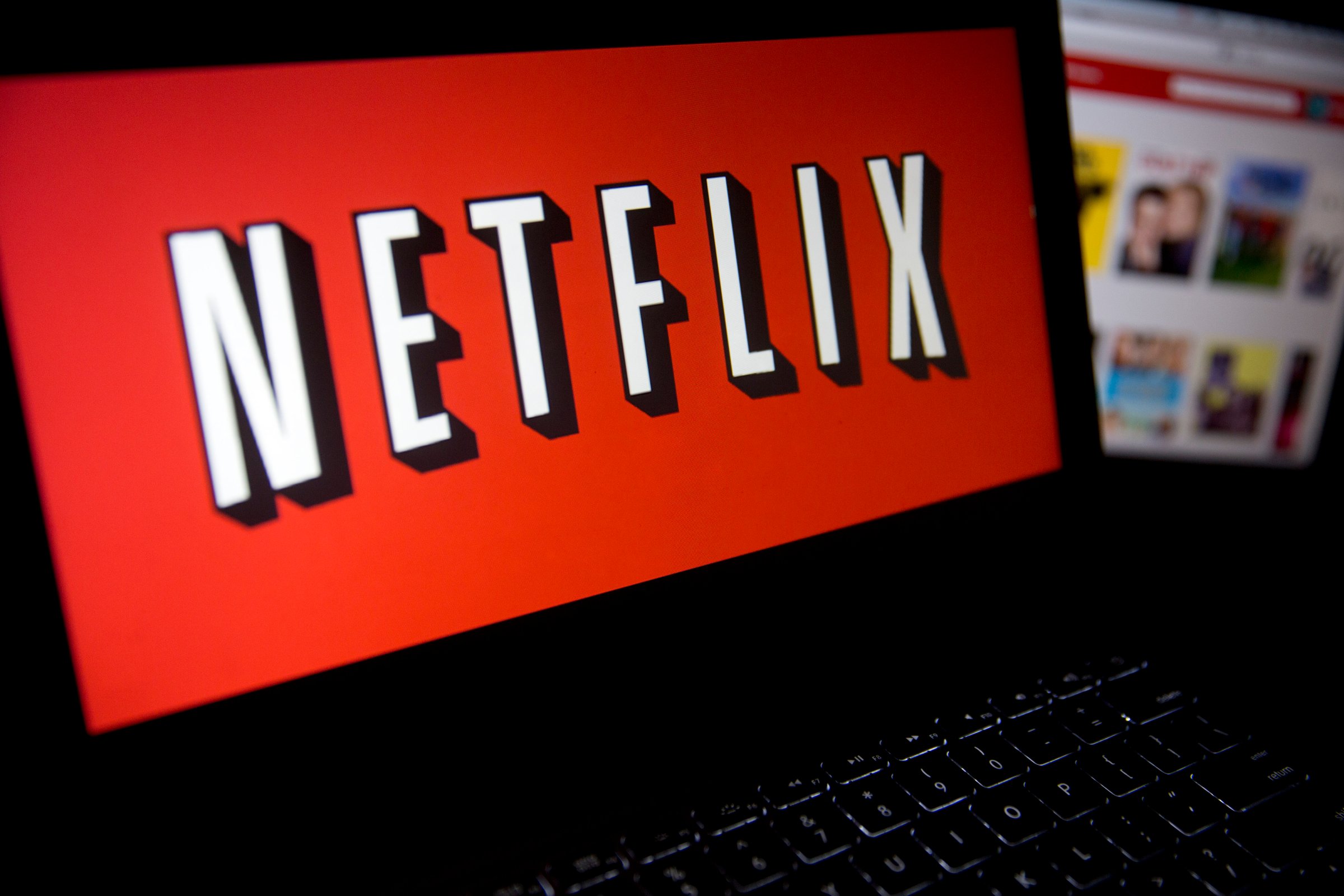
On July 5th , the U.S. Ninth Circuit Court of Appeals issued an opinion which found, in part, that sharing passwords is a crime prosecutable under the Computer Fraud and Abuse Act (CFAA). The decision, according to a dissenting opinion on the case, makes millions of people who share passwords for services like Netflix and HBOGo into “unwitting federal criminals.”
The decision came in the case of David Nosal, an employee at the executive search (or headhunter) firm Korn/Ferry International. Nosal left the firm in 2004 after being denied a promotion. Though he stayed on for a year as a contractor, he was simultaneously preparing to launch a competing search firm, along with several co-conspirators. Though all of their computer access was revoked, they continued to access a Korn/Ferry candidate database, known as Searcher, using the login credentials of Nosal’s former assistant, who was still with the firm.
Nosal was eventually charged with conspiracy, theft of trade secrets and three counts under CFAA, and was sentenced to prison time, probation, and nearly $900,000 in restitution and fines.
Nosal’s conviction under CFAA hinged on a clause that criminalizes anyone who “knowingly and with intent to defraud, accesses a protected computer without authorization”. Though CFAA is often understood to be an anti-hacking law, that clause in particular has been applied to many cases that fall far short of actual systems tampering.
CFAA has, for instance, been used to prosecute violation of Terms of Service agreements (which are themselves a contested practice). Most notoriously, the law was used to pursue Aaron Swartz, the young programmer who committed suicide after being charged with mass-downloading research papers from an MIT database, in violation of its terms of service—despite the fact that he was then a research fellow at MIT, with authorized access to the involved database.
Because of cases like this, The New Yorker’s Tim Wu has described the CFAA as “the worst law in technology“.
One of the Ninth Circuit judges, Stephen Reinhardt, seemed to agree with those interpretations in his dissenting opinion. While Reinhardt took no issue with Nosal’s convictions on trade secrets violations, he said the new decision also makes “consensual password sharing” a prosecutable offense. Reinhardt noted that the decision “loses sight of the anti-hacking purpose of the CFAA, and . . . threatens to criminalize all sorts of innocuous conduct engaged in daily by ordinary citizens.”
Innocuous conduct like letting bae use your Netflix account, or giving your bestie your HBO Go login to stream Lemonade or the Game of Thrones.
This article originally appeared on Fortune.com
More Must-Reads from TIME
- Cybersecurity Experts Are Sounding the Alarm on DOGE
- Meet the 2025 Women of the Year
- The Harsh Truth About Disability Inclusion
- Why Do More Young Adults Have Cancer?
- Colman Domingo Leads With Radical Love
- How to Get Better at Doing Things Alone
- Michelle Zauner Stares Down the Darkness
Contact us at letters@time.com